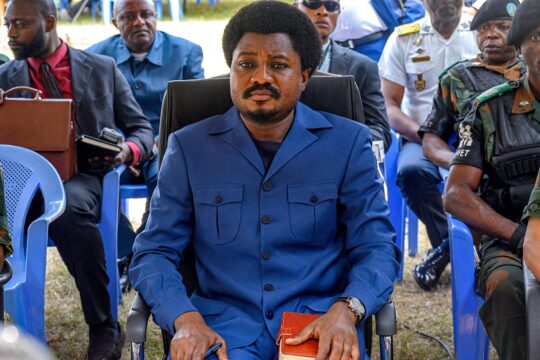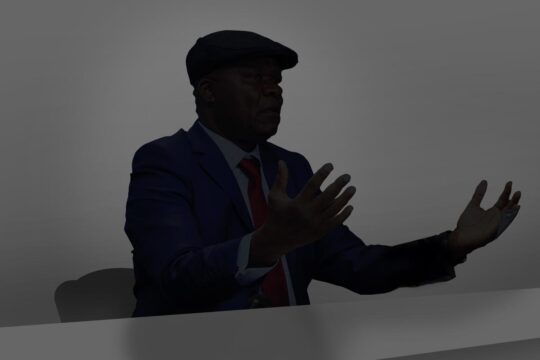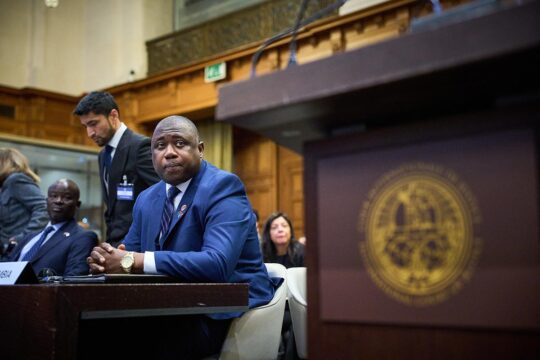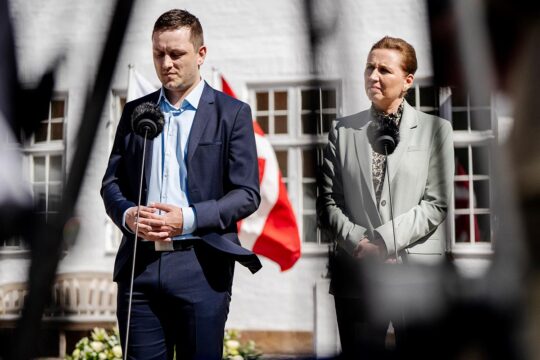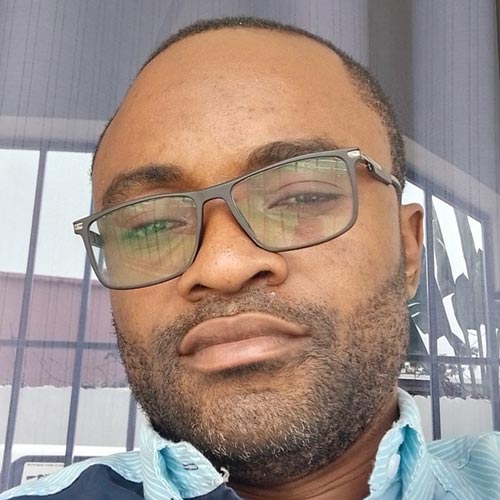"Siphoning off $195 million allocated to victims of the Kisangani war, another financial crime awaiting redress." Such is the title of the 29-page report published on September 24, 2025, by the Center for Research on Public Finance and Local Development (CREFDL), a respected Congolese NGO, on the functioning of the Special Fund for the Distribution and Compensation of Victims of Uganda's Illegal Activities in the Democratic Republic of Congo (DRC), known as Frivao.
Between 2022 and 2024, Uganda paid 195 million dollars in reparations for crimes and destruction perpetrated in Kisangani, in northern DRC, in 2000. This payment was made in accordance with a ruling by the International Court of Justice (ICJ) in February 2022. The ICJ ordered Kampala to pay Kinshasa 325 million dollars over five years, or 65 million annually. By 2024, Uganda had paid three installments. Between June and August 2025, CREFDL teams analyzed Frivao's accounts – bank statements, payment lists, administrative correspondence, and the 2022-2023 finance law. Their research was supported by some 50 interviews.
The findings are shocking: less than 2% of the funds were paid to beneficiaries. “Scattering of funds, cascading withdrawals, low allocations for victim compensation, prestige bonuses for the FRIVAO team,” says the scathing report. Of the 105 million dollars allocated for compensation to individuals (other reparations concern damage to property and natural resources), just over 1 million had been paid to victims by October 2024, or 1.98%.
“The slow processing of files and the low level of qualification of the staff assigned to the Identification and Certification Commissions explain the low rate of compensation for individual victims,” writes the Center. The report specifies that 3,163 victims out of 14,000 identified in Kisangani were declared eligible for compensation by Frivao. “After analyzing the data, it appears that a total of 998 victims (...) received their compensation of US$2,000 each at the end of December 2024.” This is a derisory amount, adds the report, which estimates that “each victim could receive up to US$30,000, based on the number of victims declared eligible.”
Dubious operations
There is no finance law or accountability report that traces the collection of the amount by Frivao, and the public institution does not appear in any budget voted by parliament and promulgated by the head of state, the research center criticizes. The funds paid by Uganda were “transferred” to at least ten bank accounts, seven of which are held by the Minister of Justice, in violation of the decree, the Center notes. On September 18, 2023, the Minister asked the Frivao coordinator to order a transfer of 2.6 million dollars before making a cash withdrawal of 1.5 million two weeks later. “This amount has not been traced in the accounts,” the report notes. “Worse still, the victims' money was even used to finance the activities of a currency exchange office, called Clic Change Sarl, to the tune of $4.2 million,” protests the CREFDL. Meanwhile, the general secretariat of the Ministry of Justice obtained the purchase, on its behalf, of two buses for 228,000 dollars. According to the CREFDL, this was an illegal operation, carried out in violation of public procurement rules.
Another questionable operation was the payment of 172,800 dollars in advances for the installation costs of the members of the board of directors and the coordination of the Fund. "This payment has no legal basis and is purely and simply an undue advantage that public officials have granted themselves."
The national electricity company (Snel) received 9 million dollars for the rehabilitation of the Kisangani electricity network. Only 115,000 was reportedly returned to the province, and 6.2 million has still not been spent, according to Snel. A complaint was filed against the company in August 2024.
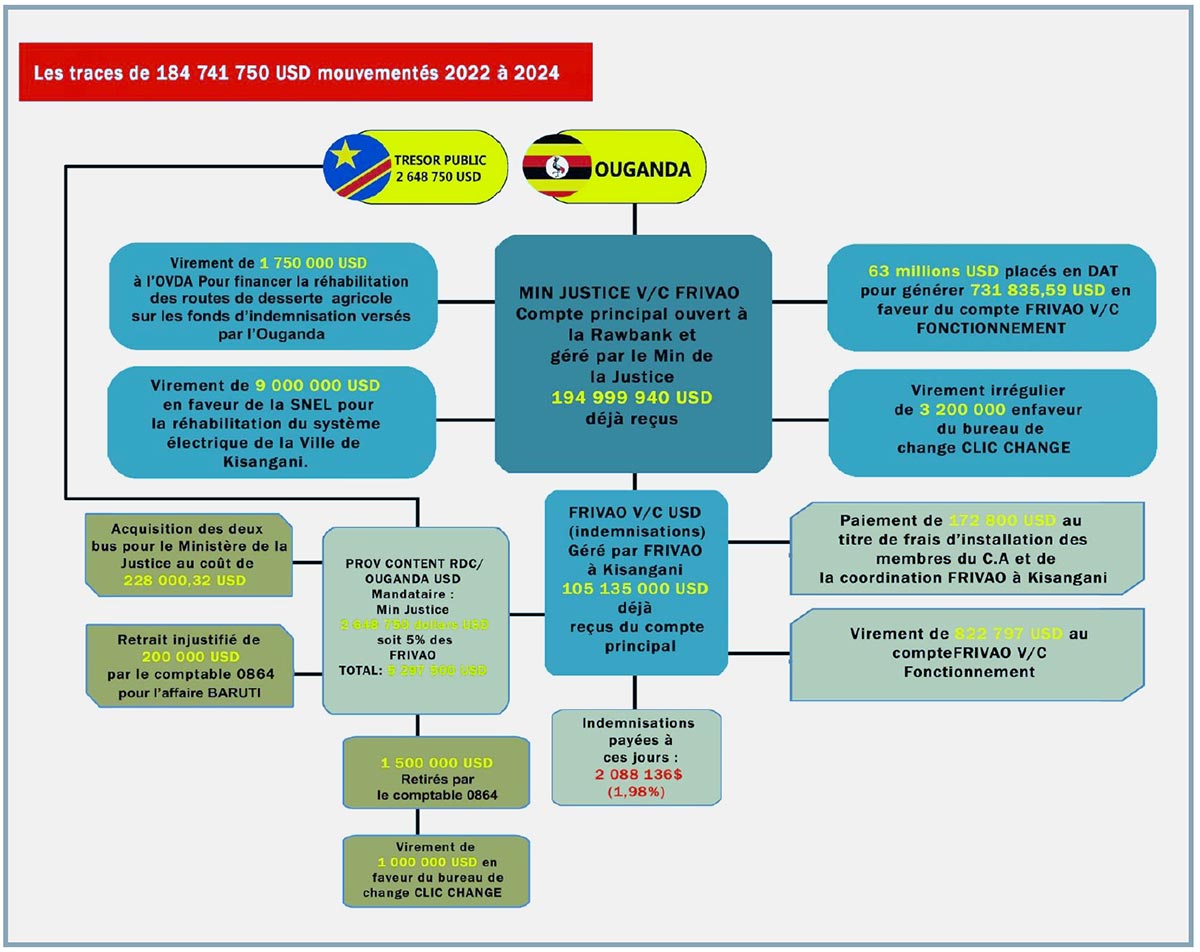
A cascade of scandals
The public institution was created by decree in 2019 to manage the reparations paid by Uganda. Its first committee was suspended in August 2024 by the Minister of Justice, Constant Mutamba, on charges of embezzlement, before being reinstated by his interim successor, Samuel Mbemba, in July 2025. In June and September 2025, the prosecutor at the Court of Cassation, Firmin Mvonde, who initiated the indictment of Mutamba, has stated his commitment to investigate the management of Frivao. In early September, Mutamba was sentenced to 10 years of hard labor for embezzling 19 million dollars from Frivao. While his trial was underway, the Fund's second coordinator, Chançard Bolukola, was arrested on similar allegations and remains in detention.
Based on its analysis, the CREFDL unequivocally recommends the dissolution of Frivao and the allocation of the fund to another existing body, either the Commission for the Management of Seized and Confiscated Assets or the Fund for the Fight against Organized Crime. It calls for an investigation into all managers of the accounts concerned and those of the Fund since the first payment by Uganda; the restitution of ill-gotten gains; the suspension of compensation payments and their evaluation; and the publication of the audit by the Court of Auditors. This audit was requested by Mutamba himself in June 2024.
Uganda was due to make its fourth and penultimate payment of 65 million dollars on September 1, 2025. This is enough to set off alarm bells and heighten concerns about the management of Frivao.



